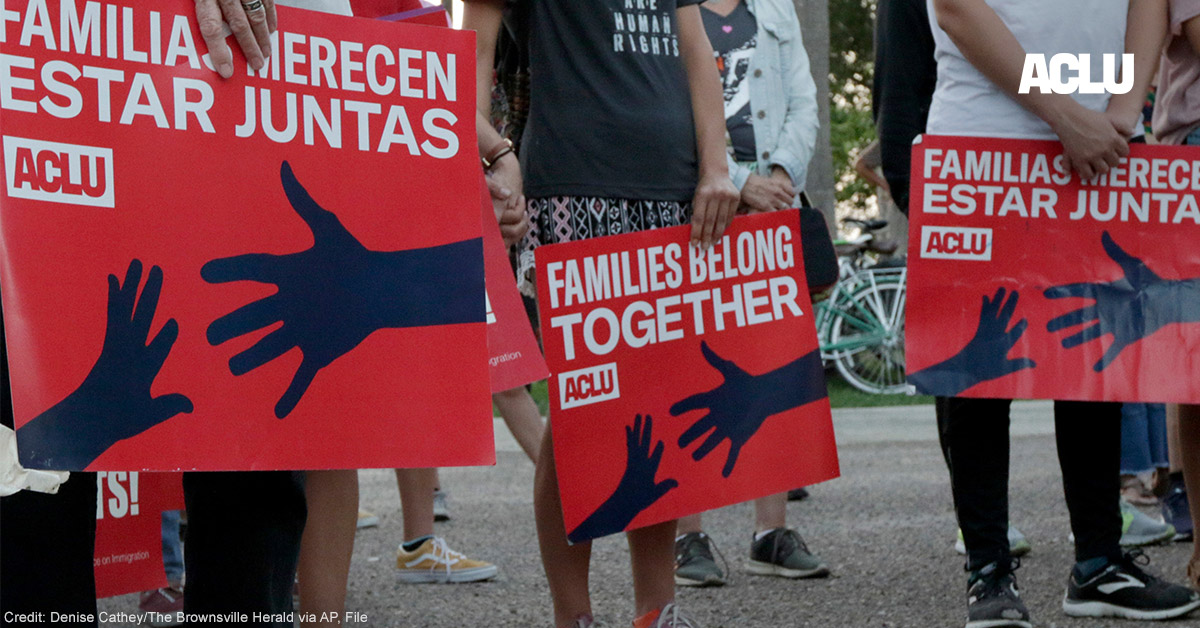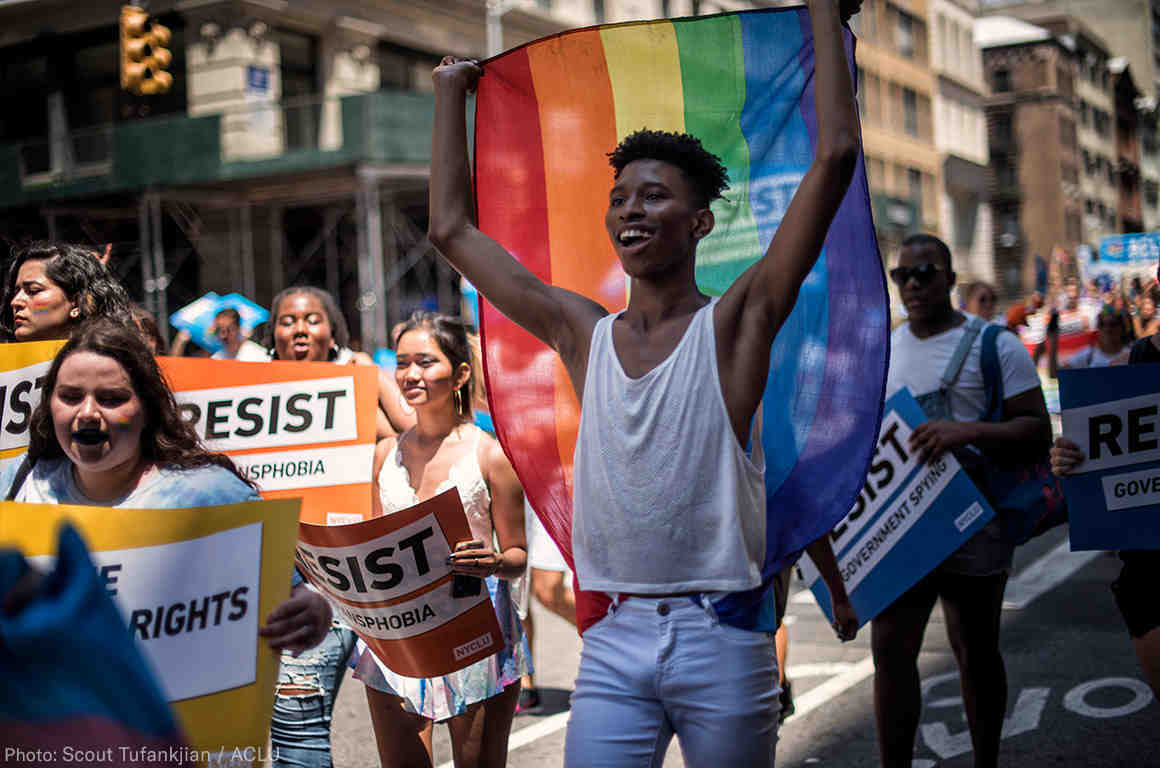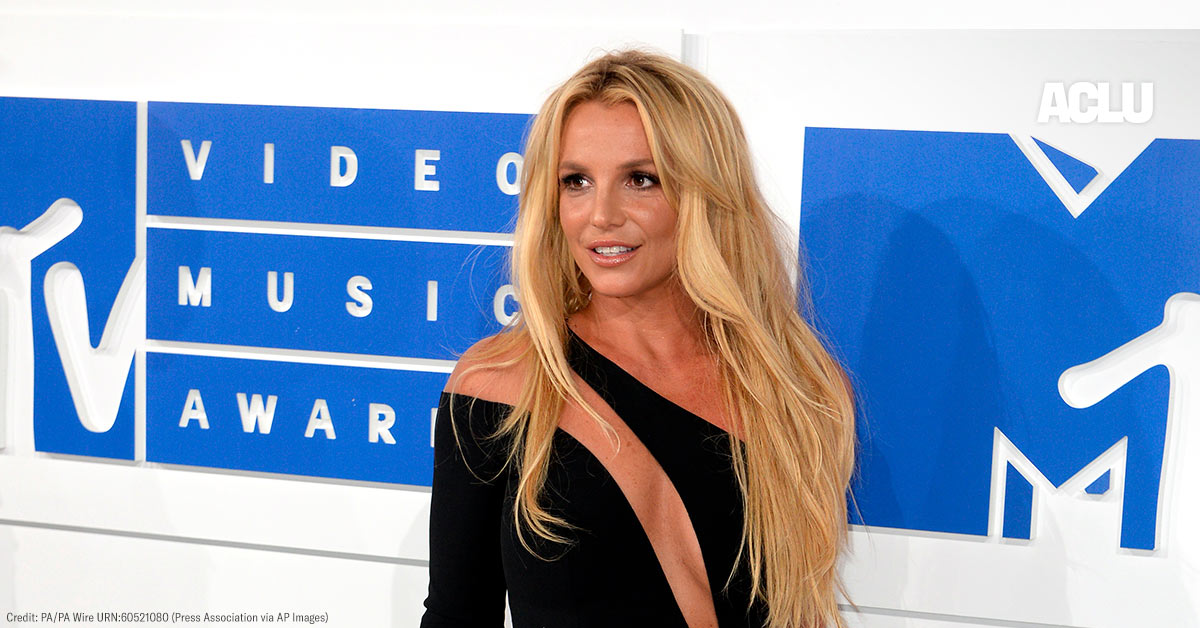In December 2018, the Trump administration started forcing asylum seekers at the southern border to wait long periods of time in Northern Mexico while a makeshift tent “court” considered their asylum case in the United States. Under this unprecedented policy—cynically named “Migrant Protection Protocols”—the U.S. government returned to extreme violence and destitution tens of thousands of highly vulnerable individuals and families who were already fleeing persecution in their home countries.
After escaping her tormentors’ impunity in Guatemala in 2019, hoping to reunite with her husband and their six-year-old daughter and apply for asylum in Miami, Elia Lopez and her three-year-old daughter were held up by the U.S. government for over a year and a half in the state of Tamaulipas—a “Do Not Travel” location, according to the U.S. State Department, due to rampant crime and kidnappings. Because they are fluent only in Mam—an indigenous language for which the “Remain in Mexico” system (unlike the regular asylum system it upended) provided no interpreters—their repeated pleas not to be returned to Mexico were never fully heard. This was by design, in yet another vicious attempt by the last administration to flout even its most basic legal obligations to refugees.
Not even the brutal assaults Y.G. routinely suffered on account of her being transgender, nor Dayami Gonzalez’s kidnapping and rape, could move the U.S. government to live up to its own supposed humanitarian standards. These two women fled Cuba in 2019 only to be betrayed by this country’s oppressive border policy. The previous administration hypocritically spouted coarse rhetoric about intolerable repression in Cuba, while rejecting Cuban refugees at every turn. These two were stranded in Tamaulipas also for a year and a half, despite being eligible for desperately-needed assistance in Miami, where their family members—U.S. citizens and permanent residents—worried for their safety and anxiously awaited being reunited.
Now sixty days into the new administration, relief has finally come for these families. The new President vowed to end the “Remain in Mexico” policy. Elia and her toddler, as well as Dayami and Y.G.—all clients of the ACLU of Florida—have now been processed into the United States to pursue their asylum cases. Still additional steps to provide meaningful access to protection for all individuals subjected to MPP and other anti-asylum and anti-immigrant policies during the Trump administration need to be taken. The Biden Administration should return U.S. asylum seekers with pending cases who are waiting in Mexico and release them on recognizance, bond, parole, or alternatives to detention while their cases proceed in immigration court. This change in policy could mean life or death for those awaiting outcomes to their cases.
Floridians who celebrate the promise of America should welcome these developments and advocate for these policy changes in support of those seeking protection. We honor our state’s successful legacy of immigration by affording these newcomers a chance. They have endured enough, including for doing just what the law asked of them. People seeking protection in this country must never again be held hostage to the whims of political opportunists.
The Biden administration will also need to pull out of shoddy enforcement arrangements peddled by the previous administration to co-opt our state and local governments, and pull back from an exorbitant immigration detention model that prioritizes pretextually holding large numbers of people in punitive conditions for long periods of time to discourage them from fully pursuing their cases. These steps will be necessary to begin dispelling the insidious false myth that immigration poses a threat to our communities and to fully turn the page on four years of systematic immigrant abuse. We must meet the moment and work to rebuild an immigration system that ensures fairness for all.
Date
Friday, April 16, 2021 - 1:45pmFeatured image



